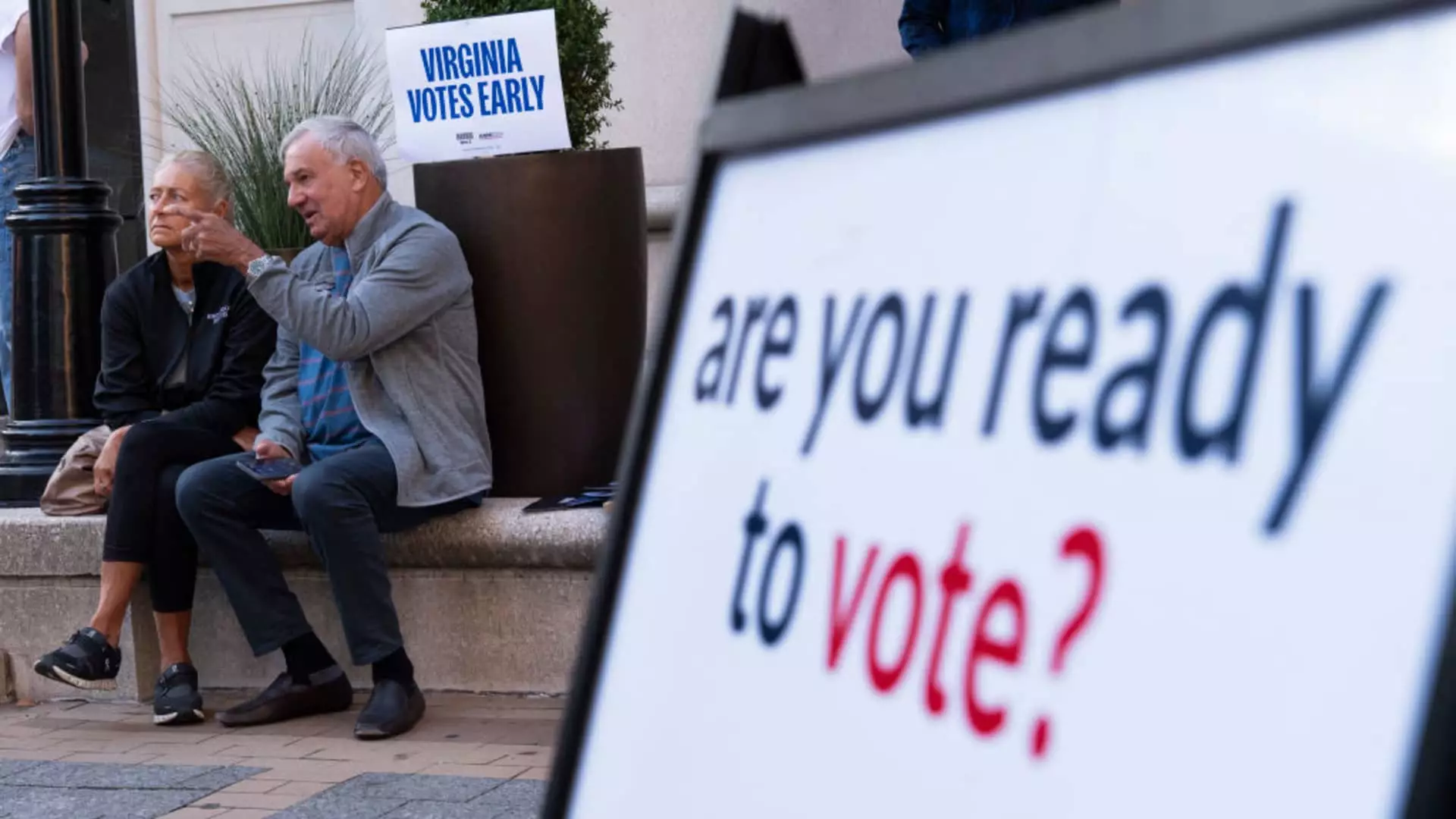As the November elections approach, many Americans find themselves grappling not only with their voting choices but also with how the potential outcomes might influence their financial decisions. According to a recent survey by the CFP Board involving 1,005 individuals, a considerable 63% of Americans are choosing to postpone significant financial commitments such as vacations, home improvements, and car purchases until after the election results are revealed. This widespread hesitation reflects a tendency to allow political uncertainty to dictate personal financial strategies. However, experts suggest this may not be the most prudent approach.
Deferring financial decisions based on electoral outcomes can lead to missed opportunities and unnecessary stress. Economic experts argue that waiting may not yield the benefits many anticipate. Charles Schwab’s Chief Investment Strategist, Lizanne Saunders, emphasizes that major legislative changes typically follow a substantial delay post-election, depending on complexities involved in consensus building among lawmakers.
This realization should prompt individuals to examine their immediate financial aspirations more closely. Rather than being swayed by the election exuberance or trepidation, a focus on personal financial goals should take precedence. As Michael Liersch, head of planning at Wells Fargo, advises, voters should ask whether the outcome of the election truly influences their financial planning. Is their decision to delay a purchase truly grounded in potential political changes, or is it merely a reaction to the uncertainty surrounding them?
A key strategy outlines the importance of aligning financial choices with personal goals rather than external political winds. Financial professionals like Liz Miller of Summit Place Financial Advisors argue that clients often discover after revisiting their plans that there’s no need to defer decisions. By creating a framework that considers best-case, worst-case, and intermediate scenarios, clients can analyze their options clearly.
This structured approach enables individuals to assess their choices without being overly influenced by the elections. It’s an opportunity to embrace a proactive mindset towards financial planning that centers around personal needs and life circumstances, rather than political outcomes that are out of one’s control.
Amid these discussions, concerns regarding Social Security benefits also arise. An alarming 81% of respondents of an Edelman Financial Engines survey expressed their worries that changes in policy might undermine their Social Security benefits. Given that Social Security funds are projected to diminish by 2033, this concern is understandably prevalent. Individuals must assess their financial plans in light of potential future shortfalls.
To mitigate apprehensions faced in turbulent political times, financial advisors recommend taking actionable steps now. This may include reviewing projected Social Security benefits, calculating what a potential reduction could mean for one’s retirement plans, and optimizing savings strategies. Moreover, immediate attention towards paying down debt and maintaining a diverse investment portfolio is essential for building resilience against uncertainty.
Financial experts assert that adjusting financial plans and maintaining a consistent investment strategy can alleviate some anxiety brought on by election-year instability. CFP Stacy Francis, who leads her clients through the planning process with a perspective that reaches well into their nineties, is encouraging long-term strategic planning. This often involves evaluating tax strategies—such as Roth conversions—before any potential changes to tax policies are enacted post-election.
Investors should not overlook the current favorable climate in the stock market. With significant gains already recorded, aligning investment strategies with those gains becomes a crucial conversation. Miller highlights the significance of taking advantage of capital gains now, before the political climate makes such decisions more complicated.
Ultimately, as Americans weigh the implications of the upcoming elections on their finances, it becomes apparent that proactive decision-making rooted in personal goals can lead to more advantageous outcomes than merely waiting on electoral results. Individuals must consider whether postponing decisions is genuinely beneficial or if it ultimately leads to a detrimental wait for an uncertain outcome.
Instead of surrendering to political winds, individuals should confidently take control of their financial futures. By focusing on their core values and immediate needs, while also reassessing potential future scenarios, Americans can cultivate a more resilient financial plan that withstands the shocks of an unpredictable political environment. The most effective strategy is not to allow the noise of elections to drown out the steady call of personal financial responsibility.


Leave a Reply